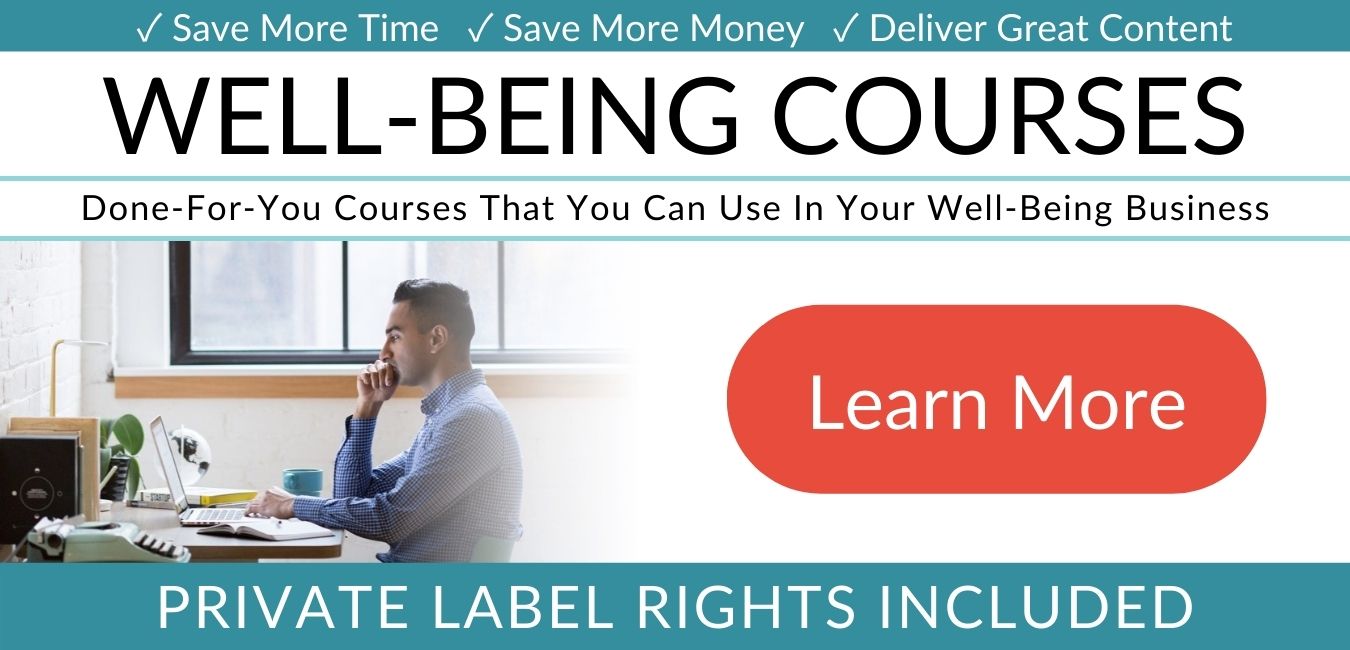Introspection: Definition (in Psychology), Examples, and QuestionsWhat is introspection, why is it important, and how do we become introspective? In this article, we'll give you the definition (and meaning) of introspection and the tools you need to do it.
*This page may include affiliate links; that means I earn from qualifying purchases of products.
What Is Introspection? (A Definition)Introspection is the examination or observation of one's own mental and emotional processes. Through introspection, we can gain knowledge about our inner workings. Introspection is sort of like perception, but also unlike perception in that it doesn't involve the five senses. We don't see, hear, smell, touch, or taste to gain insights.
Generally, introspection involves looking inward to try to understand ourselves. It does not involve looking outward. For example, we can learn about our internal states by asking other people to give us feedback or by looking in the mirror and seeing our facial expressions, but these are not considered forms of introspection (Schwitzgebel, 2012). Introspection is also thought to mainly consist of mental ways of looking inward. We may think about, ponder on, or self-reflect on our inner experiences. This is distinguished from other forms of self-knowledge such as the physical experience of our body in space or felt knowledge of internal physical aches and pains. Are You a Therapist, Coach, or Wellness Entrepreneur?
Grab Our Free eBook to Learn How to
|
Are You a Therapist, Coach, or Wellness Entrepreneur?
Grab Our Free eBook to Learn How to Grow Your Wellness Business Fast! |
Terms, Privacy & Affiliate Disclosure | Contact | FAQs
* The Berkeley Well-Being Institute. LLC is not affiliated with UC Berkeley.
Copyright © 2024, The Berkeley Well-Being Institute, LLC
* The Berkeley Well-Being Institute. LLC is not affiliated with UC Berkeley.
Copyright © 2024, The Berkeley Well-Being Institute, LLC




